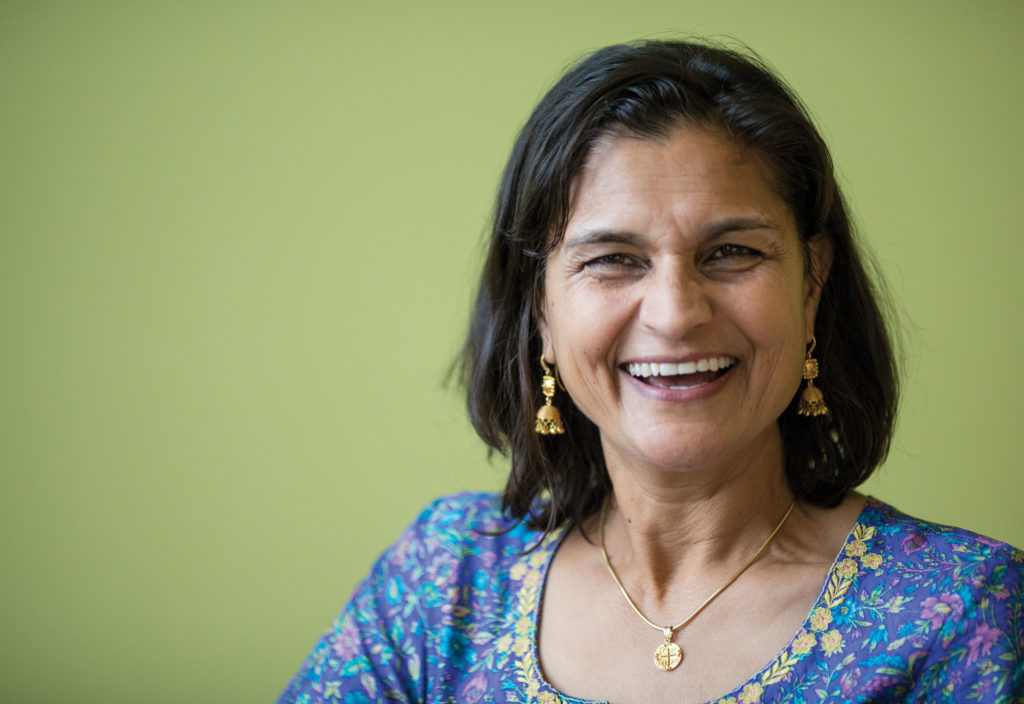“My undergrad degree was in history; we focused a great deal on Indian history. My master’s was in African politics: the diaspora — the Indian people who had undergone British imperialism and therefore transferred their wages and their livelihood — living in Anglophone Africa. For my Ph.D., I wanted to pick a region of the world that I knew nothing about.
When I learned about Latin America I saw the similarities between Indian and Latin American politics and economics. We, too, have been grappling in India with alleviating poverty. We have talked about development and about the role of religion. All these struck me as being similarities between two very specific regions of the world that were not naturally having a proclivity towards each other. I have a natural curiosity to try to master things that I don’t know about, and that I want to learn.
What has been of particular interest to me is the role of women. Women everywhere are finally flexing their muscles, not only as participants in the economy but as equal participants in politics and culture. Historically, in Latin America women had a hard time finding a seat at the decision-making table. This is one area people should be watching, and seeing that Latin American women are finally coming into their own.”
Gender and development, human rights, and Latin American politics are Dr. Dandavati‘s professional passions. She co-leads a program to help Hope faculty increase the global scope of their work and has led or co-led study-abroad programs to countries including Mexico, Chile and Rwanda. This semester she’s on sabbatical in Chile, researching whether sustainable development efforts are making an impact on indigenous women’s lives.
